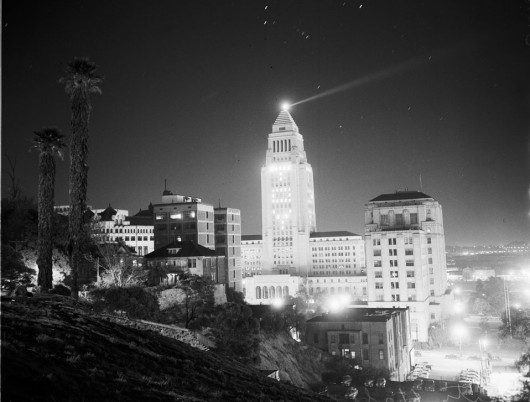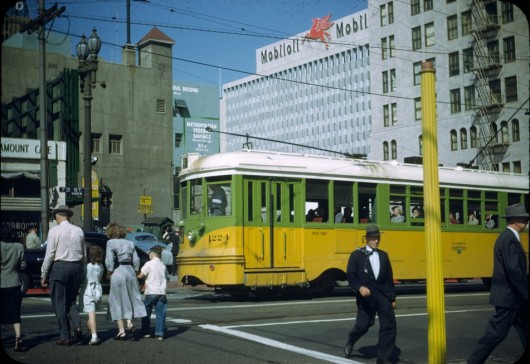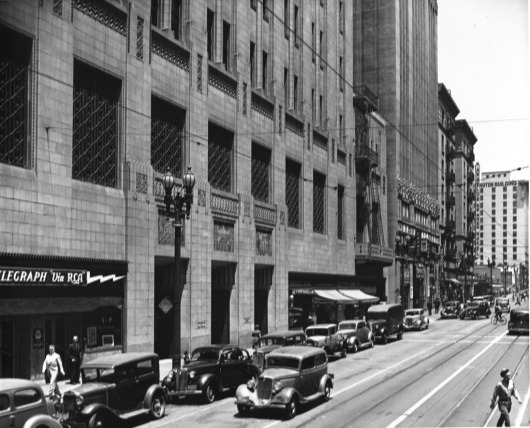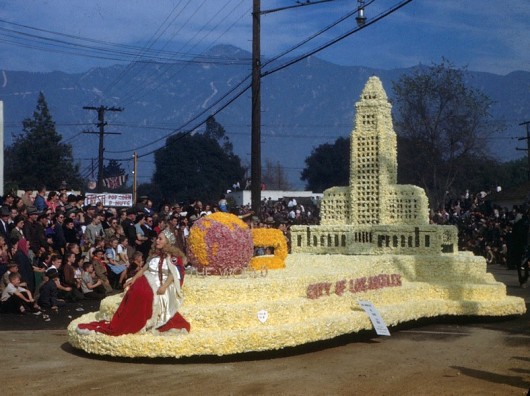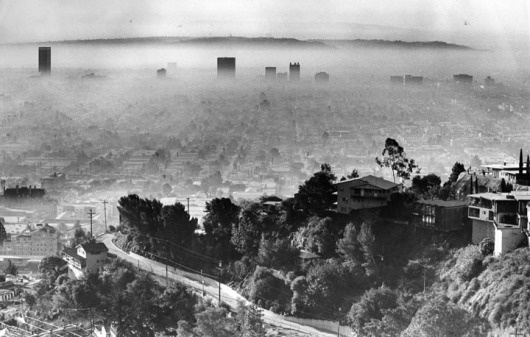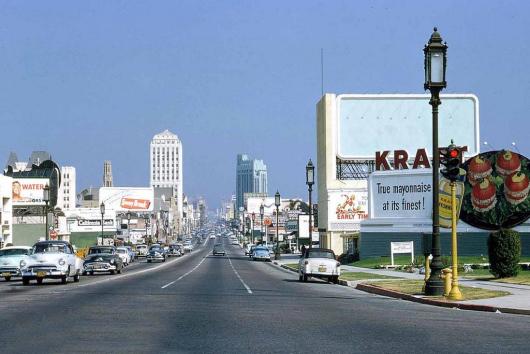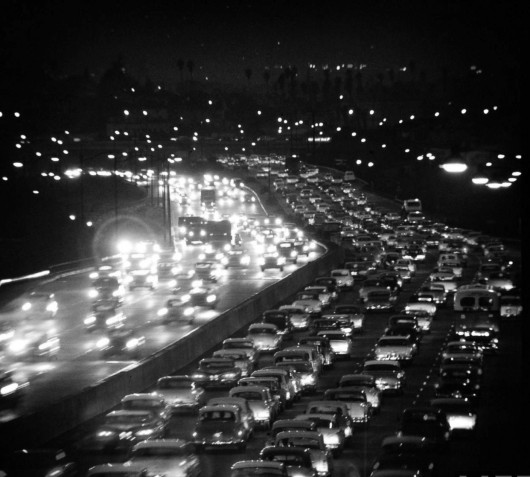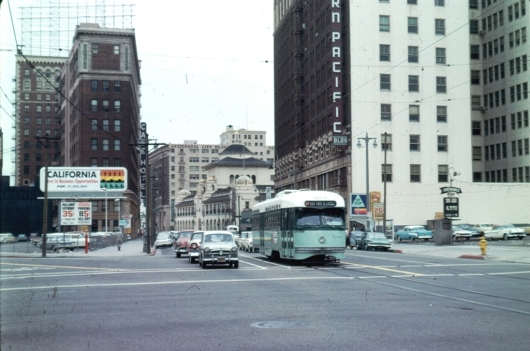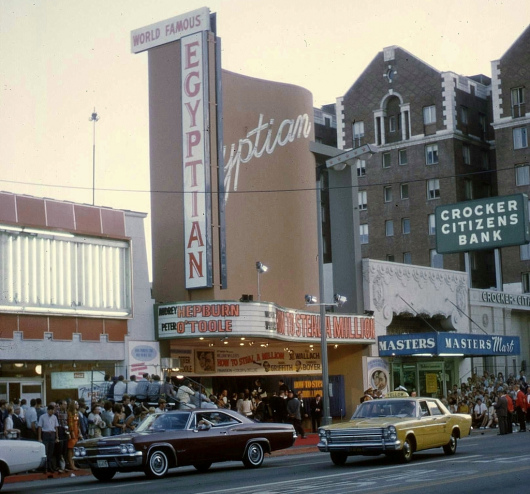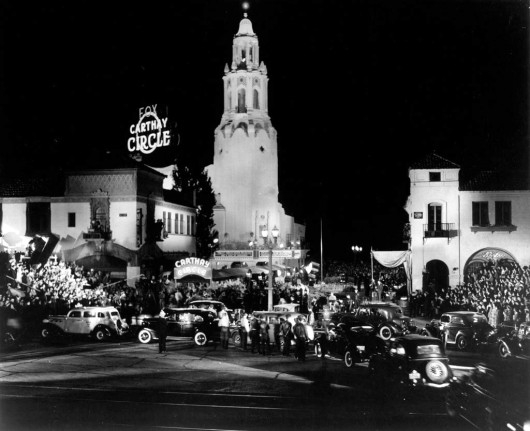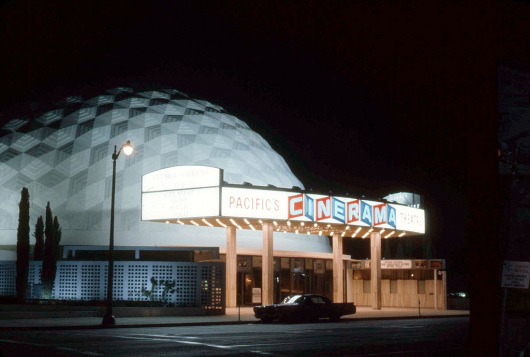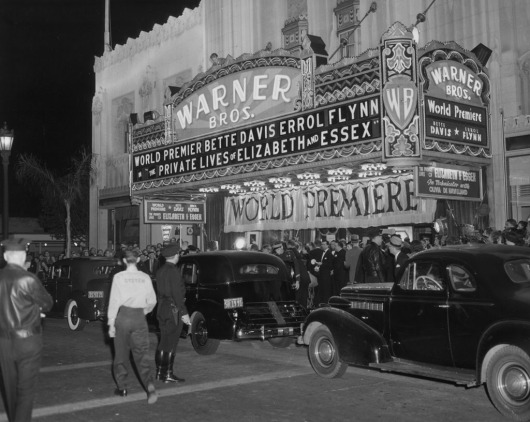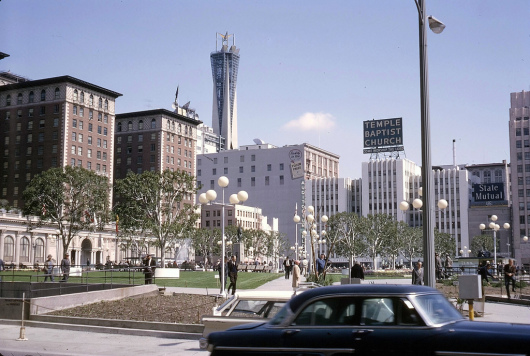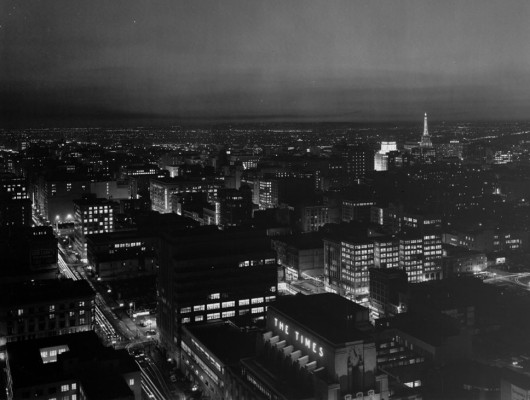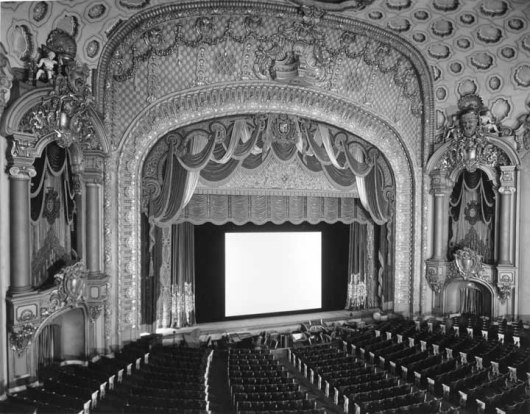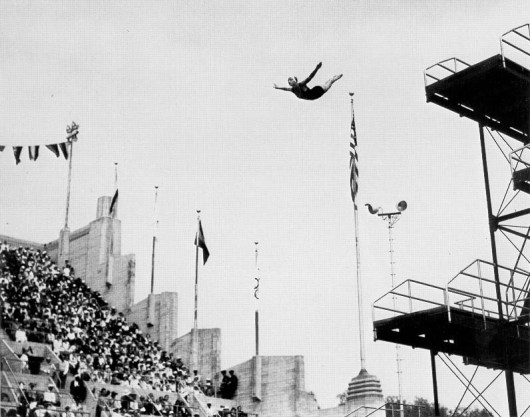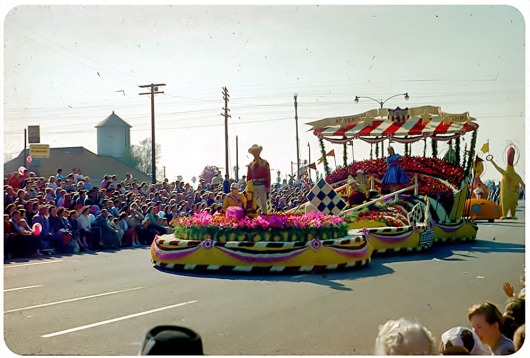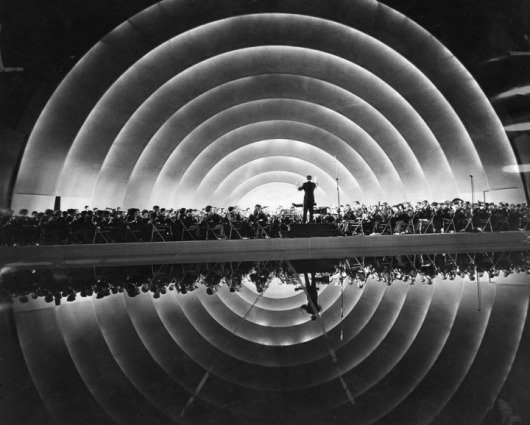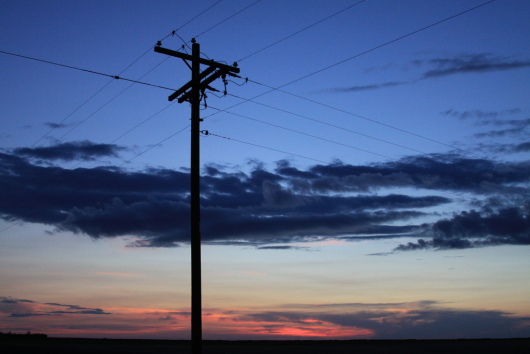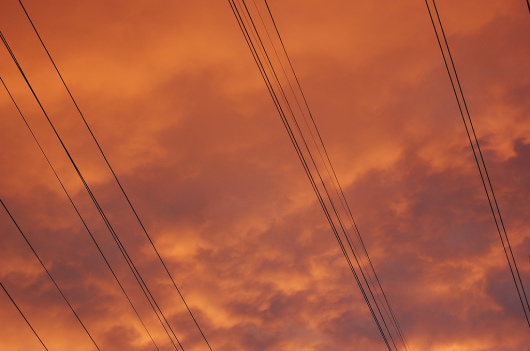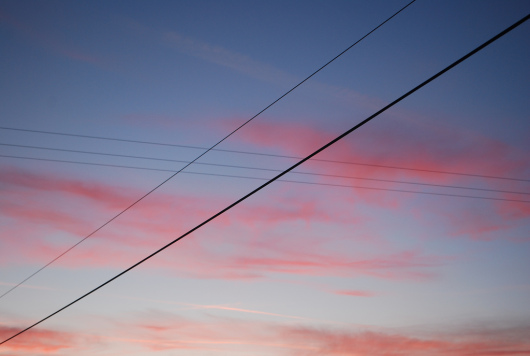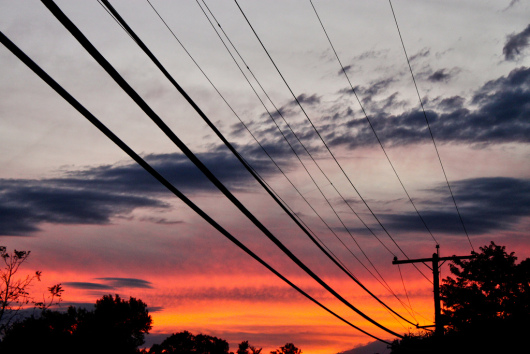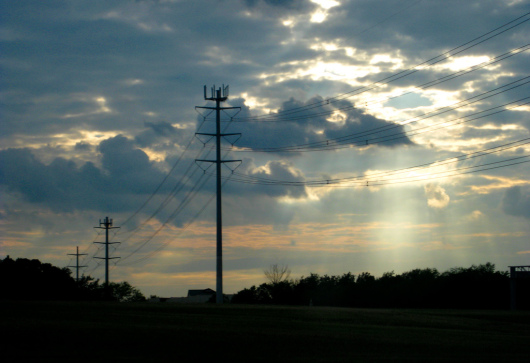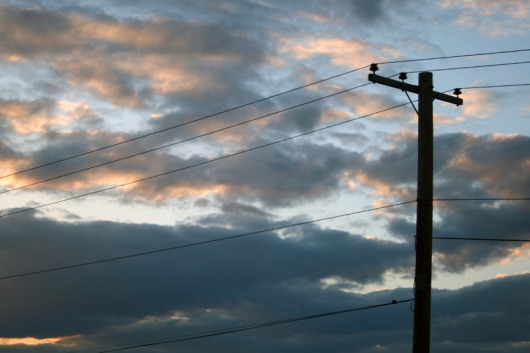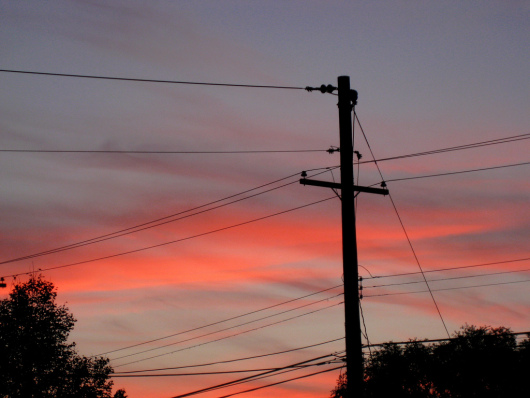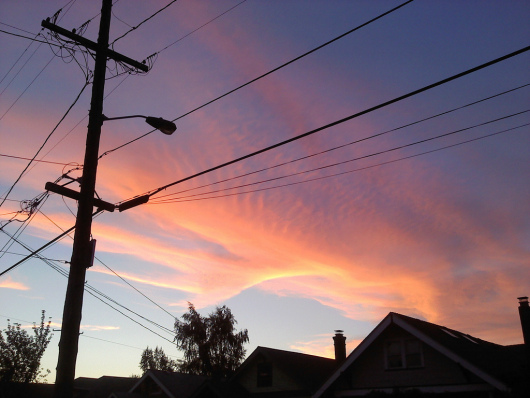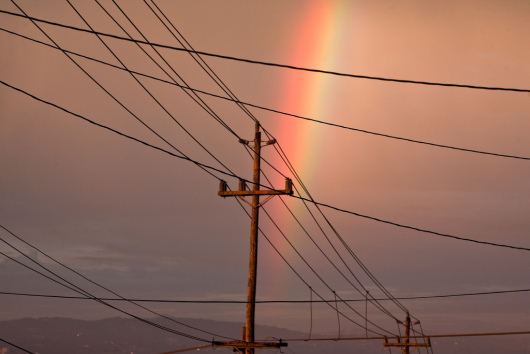 THE FUTURE
THE FUTURE In Which We Sound The Airhorn For Molly's Very Last This Recording Post
 Friday, March 4, 2011 at 10:52AM
Friday, March 4, 2011 at 10:52AM 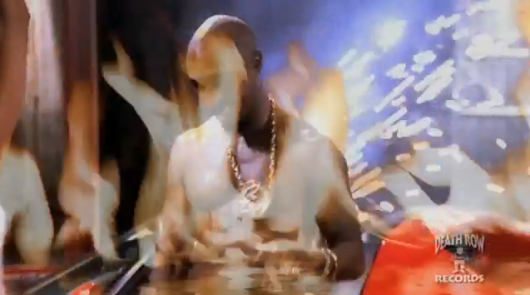
<3
by MOLLY LAMBERT
One time Alex Carnevale asked me if I wanted to work on a website he was going to start. "What kind of website?" "A web magazine." "Ha ha ha." I said. "A web magazine." Like most human beings in the early 2000s, I didn't take the internet all that seriously, even though I had been using it since I was thirteen and it was certainly an integral part of my life. I agreed to write a couple of things and then we were off to the races.
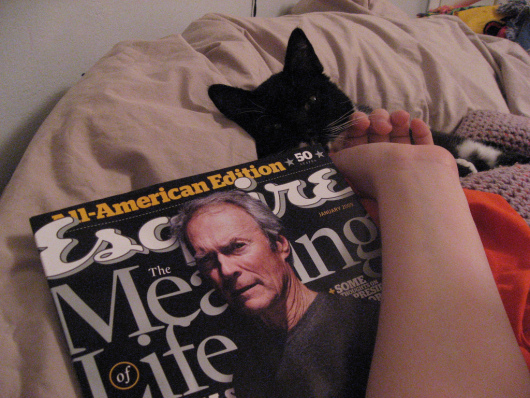
new new new new media b/w old old old old guy b/w cat cat cat cat cat cat cat cat
Yearbook memories of my time at This Recording include: Alex's insistence on posting cheesecake photos for the first six months while I begged him to stop and tried to explain that it was like Caligula and nobody who wanted to see the nudity and sex in the orgy scenes would pay attention to the dialogue in the other scenes and vice versa. My insistence on submitting early posts to him in all lowercase (what the hell was that about lol), the Facebook movielike moment when we agreed to consistently use millions of pictures to illustrate text. When I saw the Facebook movie and legitimately felt like it was telling me the story of my life after graduating college.

The first time I realized the internet was more important than I had been giving it credit for was on 9/11, when I signed online and somebody told me I had to turn on the TV right away. After approximately a million other thoughts, including thinking that one of my media studies professors was a weirdly insensitive cynical asshole that her first reaction to 9/11 was to immediately throw a tape in the VCR and attempt to dissect how the media portrays catastrophe (narcissism of small differences?) I decided it was important that I had gone online first. "This is the fastest system possible for information delivery for disasters and everything else," I thought "It is going to render traditional newspapers obsolete because they cannot compete with its speed and ability to keep up." Ten million cat memes later, it sure feels like I was right.

an early editors meeting, screencapped for posterity
I only learned to take myself seriously through not taking myself seriously at all. When I think about blogging I think about this Bill Murray quote about how improv at Second City prepared him for SNL because he was so used to dying onstage that he no longer feared death. He no longer feared failure. He will just keep making jokes until one of them gets a laugh. It is incredibly hard to make every day meaningful. But you try!
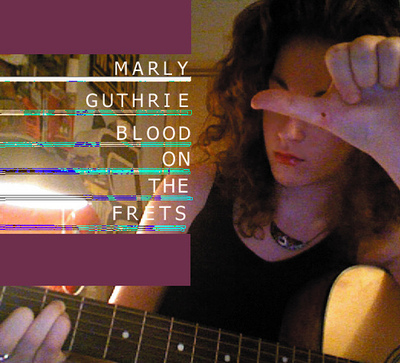
I'm going off to work for Bill Simmons and his new website. You'll hear more about it soon. This Recording will continue to dominate the internet in the literary small press category while I go on to conquer new markets like large print internet and 3D. I'll continue to rain down tiger blood on inequality and petty mediocrity everywhere. Soon Charlie Sheen will be one of my goddesses and I'll make him paint his face and dance.
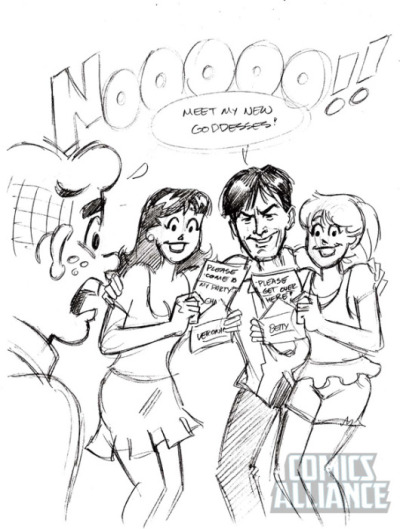
the Archie Comics and Charlie Sheen remake of Dennis Hopper's The Hot Spot
I am handing over the This Recording twitter to Alex and I will be twittering under my own name (mollylambert) from now on. I keep hearing "Sunrise, Sunset" in the sand dunes of my mind. Why is this post so fucking hard to write? It's hard for me to be sentimental because I am such an Agent Scully but I am also so sentimental (Irish).
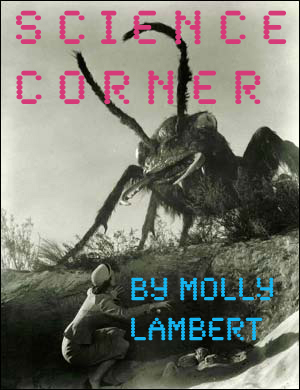
I've been pretty sentimental lately because I knew this was coming and keeping secrets is hard. Seriously, thanks to everyone who reads This Recording and helped me become the blogger I was always meant to be. Thank you to Will Hubbard for building us such a nice house, and Alex Carnevale for filling it with beautiful interesting things.

omg so fucking mean and ageist, we <3 u John Ashbery
Thanks to Alex for making me write that pop culture column for the school newspaper originally. Alex Carnevale has a talent for finding good writers and helping them become great writers. He is somewhat aware of his power, but I'm never sure if he actually knows how hard people work to impress him or what a great writer he is.
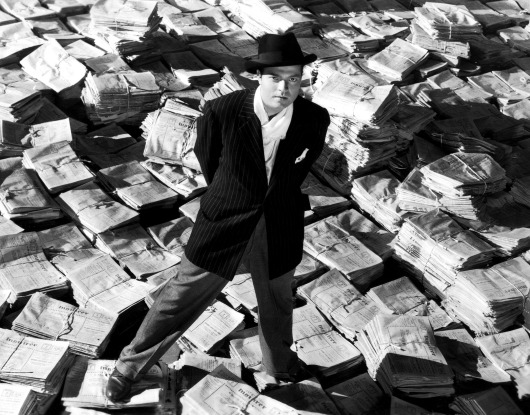
I still live here in my archives. I'll always live at This Recording, trapped in the walls and murmuring softly but insistently about GIFs and serialized television dramas. There will always be Kenny Powers mixes and Mad Men reviews. I will float classically in the digital ether wherever I am. We didn't mean to invent new media (yes we did).
Molly Lambert is (was? fuck) the managing editor of This Recording. You can find her new twitter here. She tumbls here.
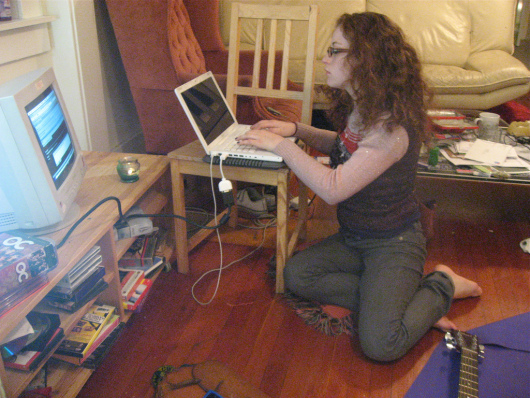
 farewell,
farewell,  molly lambert
molly lambert 





























